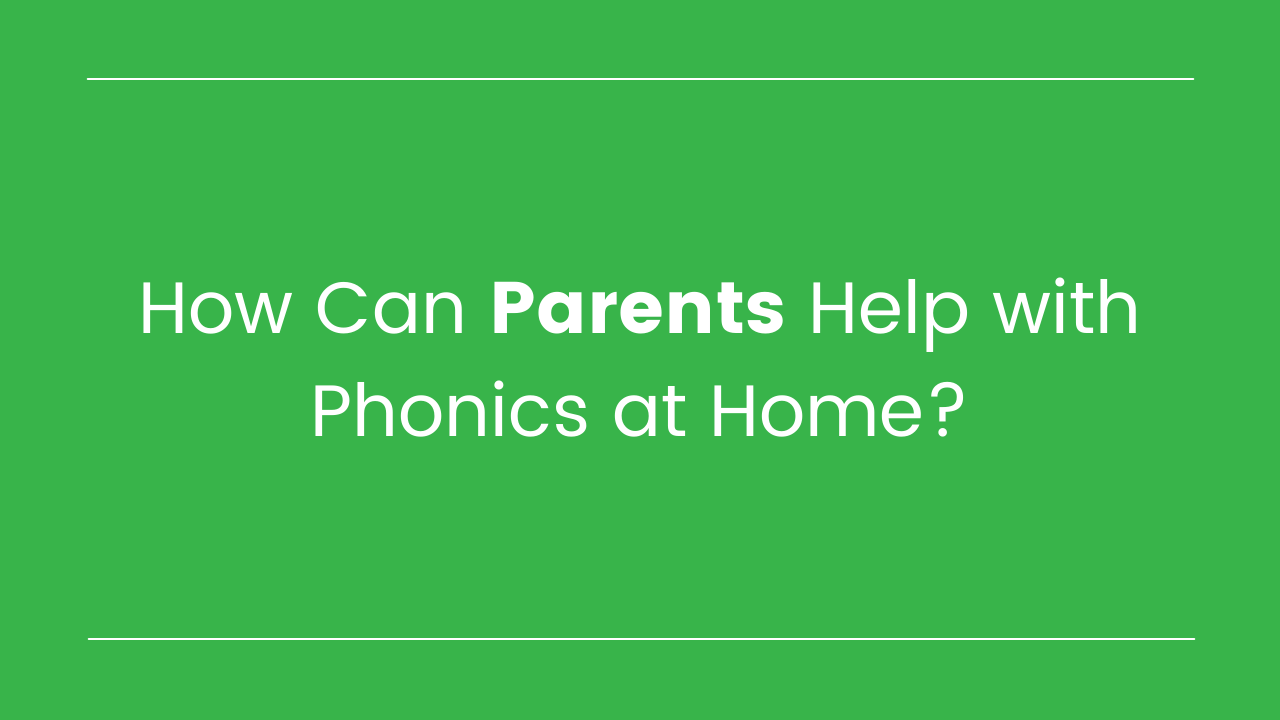
How Can Parents Help with Phonics At Home?
If your child attends school and is learning how to read, they are likely receiving phonics instruction. They are learning the relationships between letters and sounds (for example, that the long a sound can be represented by the two letters "ai" working together). Learning phonics is crucial to learning to read, so many families wonder, how can parents help with phonics at home? In this article, we'll dive into 3 simple strategies parents can do to help.
Strategy #1: Learn what skills are being taught in school and see how you can connect them to everyday life.
Your child's teacher may send home information about what phonics skills are being taught. Even if they don't, you can still request this information!
Once you know what skills your child is learning, find ways to connect them to everyday life. If you know that your child is learning about silent e words, for example, you can point out the word "cake" on a cake mix box as you are baking.
You can also have your child search for letters and letter combinations on signs, billboards, menus, magazines, books, and more. Kids love playing "Letter Detective" or "Word Detective!"
When you're making a to-do list or a store list, have your child help you with the list, especially by spelling words with patterns that they have already learned. Even if they can't write a whole word, perhaps they can write a letter or two and you can finish the word.
Strategy #2: Practice reading.
Children need many, many opportunities to apply their phonics learning to read real texts. Ask for guidance from your child's teacher or a children's librarian to choose texts that are accessible for your child. As your child reads, encourage them to sound out words they don't know, and provide help as needed.
You can also ask for or search for a list of individual words for your child to practice reading, based upon the skill(s) that they are learning.
Strategy #3: Practice spelling.
As strange as it may sound, spelling practice actually helps kids learn to read! Again, ask for or search for a list of individual words that match the skill(s) your child is learning.
Your child can write words, paint words, build them with magnetic letters - the sky's the limit as far as creative materials for spelling practice!
We hope these 3 strategies are helpful to you!
For some additional fun activities for parents to help with phonics at home, check out this article.




